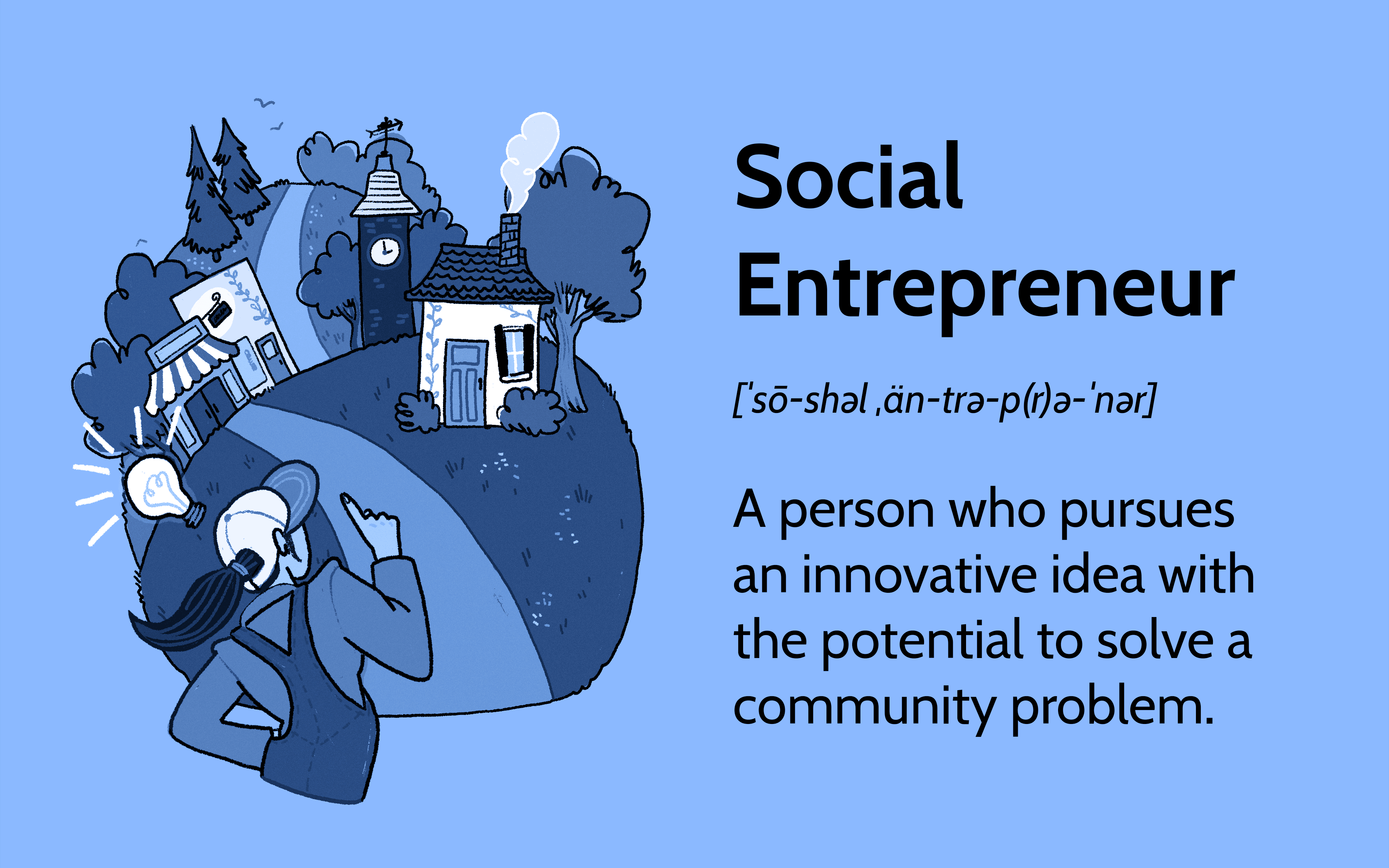Entrepreneurship, a driving force in the modern world, has significantly impacted society in myriad ways. This article delves into the multifaceted role of entrepreneurship, exploring its various contributions and implications.
However, it’s important to understand that its effects are not solely positive; there are challenges and nuances to consider as well. In this article, we’ll examine the impact of entrepreneurship, emphasizing both its advantages and potential drawbacks.
Table of contents
Introduction to Entrepreneurship
Defining Entrepreneurship

Before we dive into the contributions of entrepreneurship, it’s crucial to understand what it entails. Entrepreneurship refers to the process of identifying opportunities and creating innovative solutions to address them. It encompasses both the establishment of new businesses and the development of novel products or services within existing enterprises.
The Entrepreneur’s Role
Entrepreneurs, the driving force behind entrepreneurship, play a pivotal role in society. They are individuals who exhibit the vision, passion, and risk-taking capabilities needed to convert ideas into reality. Their actions often lead to transformative changes in various sectors.
Job Creation

One of the most notable contributions of entrepreneurship is the creation of jobs. New businesses require a workforce to function, and as entrepreneurs establish and expand their ventures, they provide employment opportunities for countless individuals. Moreover, as businesses grow, so do their job openings, contributing to a thriving job market.
Economic Growth

Entrepreneurship is a catalyst for economic growth. Through the establishment of new businesses, increased production, and higher consumption, entrepreneurs stimulate economic activity. This, in turn, leads to a rise in GDP and an improved standard of living for the population.
Innovation and Technological Advancements
Entrepreneurs are often at the forefront of innovation. They introduce groundbreaking ideas and technologies, fostering progress across various sectors. Innovations driven by entrepreneurship lead to advancements in healthcare, communication, transportation, and more. Moreover, these innovations benefit society by making everyday life more efficient and convenient.
Socioeconomic Disparities

While entrepreneurship can drive economic growth, it can also exacerbate socioeconomic disparities. Not everyone has equal access to entrepreneurial opportunities, which can lead to unequal wealth distribution. Addressing these disparities is a societal challenge that requires careful consideration.
Some individuals confuse entrepreneurship with leadership considering their roles and responsibilities.
However, there is a huge difference in their roles which we are about to explain
| Aspect | Entrepreneurship | Leadership |
| Definition | The process of creating and managing a new venture or business with the aim of making a profit. | The ability to guide, motivate, and influence individuals or a group to achieve common goals and objectives. |
| Focus | Creation and management of a business or startup. | Directing and guiding a team or organization towards a shared vision or goal. |
| Role | Typically, entrepreneurs take on various roles, including founder, manager, and innovator. | Leaders are responsible for providing direction, inspiration, and guidance to their team or organization. |
| Risk Tolerance | Entrepreneurs often have a higher tolerance for risk, as they venture into uncharted territory and may invest their resources. | Leaders may take calculated risks but generally have a more stable and established environment to work within. |
| Innovation | Entrepreneurship is often associated with innovation and the development of new products, services, or business models. | Leadership focuses on guiding and optimizing existing processes, although innovation may also play a role. |
| Decision-Making | Entrepreneurs make critical decisions about their business, such as product development, marketing, and finance. | Leaders make decisions that affect the direction and operation of the organization, often in consultation with their team. |
| Ownership | Entrepreneurs typically own or co-own the businesses they create and have a significant financial stake in the venture. | Leaders may or may not have ownership stakes in the organization and may not be financially invested to the same extent. |
| Vision | Entrepreneurs often have a clear vision for their business and are driven by the desire to bring that vision to life. | Leaders are driven by a vision for the organization as a whole and its long-term success. |
| Skill Set | Entrepreneurship requires skills in areas like risk management, innovation, resource allocation, and adaptability. | Leadership involves skills such as communication, problem-solving, decision-making, and team management. |
| Long-Term vs Short-Term | Entrepreneurs may focus on both short-term and long-term goals, with an emphasis on building the business for the future. | Leaders often have a more long-term perspective, seeking stability and sustainable growth for the organization. |
| Success Criteria | Entrepreneurs often measure success in terms of business growth, profitability, and the impact of their innovations. | Leaders measure success by achieving organizational goals, motivating and developing their team, and maintaining a positive culture. |
Conclusion
Entrepreneurship has undeniably contributed to society by creating jobs, driving economic growth, fostering innovation, and promoting philanthropy. However, it’s essential to acknowledge the potential pitfalls, including risk, environmental concerns, and socioeconomic disparities. As society continues to evolve, understanding the complex interplay of entrepreneurship’s contributions and challenges is crucial for achieving a balanced and sustainable future.
Related Blogs:
Which One is Not the Barriers of Entrepreneurship?
Which of the Following Factors Influence Entrepreneurship?
Entrepreneurial Motivation Factors
Is Digital Marketing Part of Entrepreneurship?
Frequently Asked Questions
Entrepreneurs play a pivotal role in job creation by establishing new businesses and expanding existing ones, leading to increased employment opportunities.
Entrepreneurship stimulates economic growth through increased production, higher consumption, and innovations that enhance overall economic activity.
Some businesses, in their pursuit of growth, may neglect environmental sustainability, leading to issues like pollution and resource depletion.
Many successful entrepreneurs engage in philanthropic activities, supporting causes and initiatives that address societal challenges.

